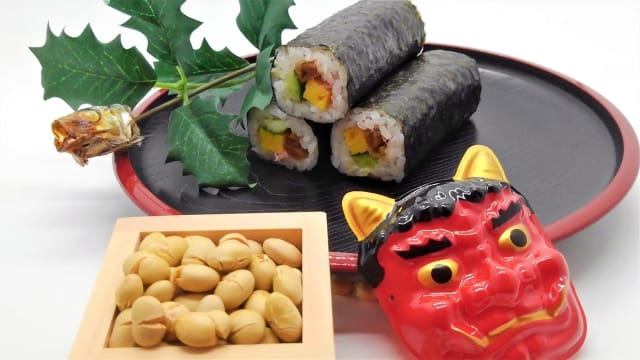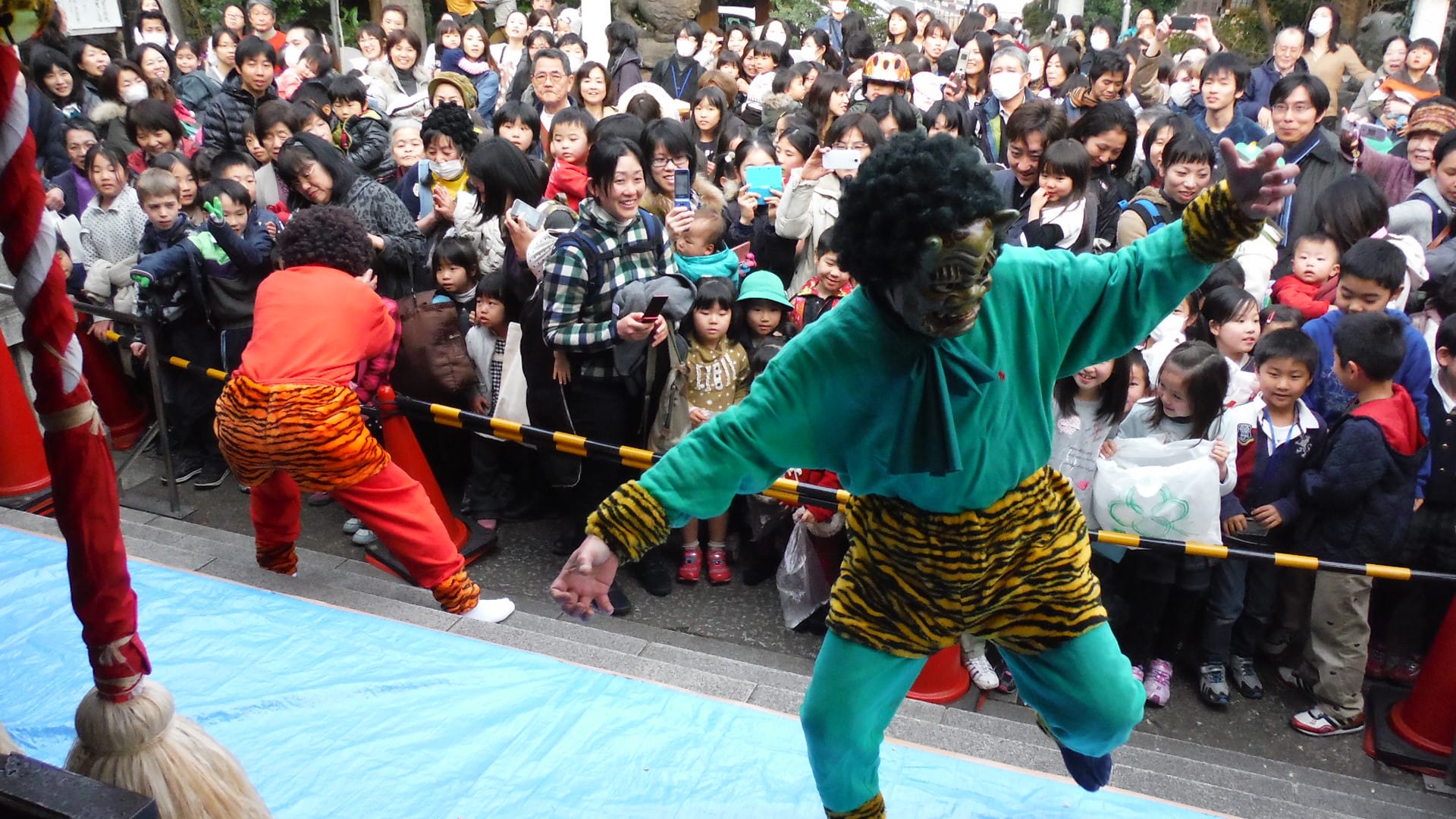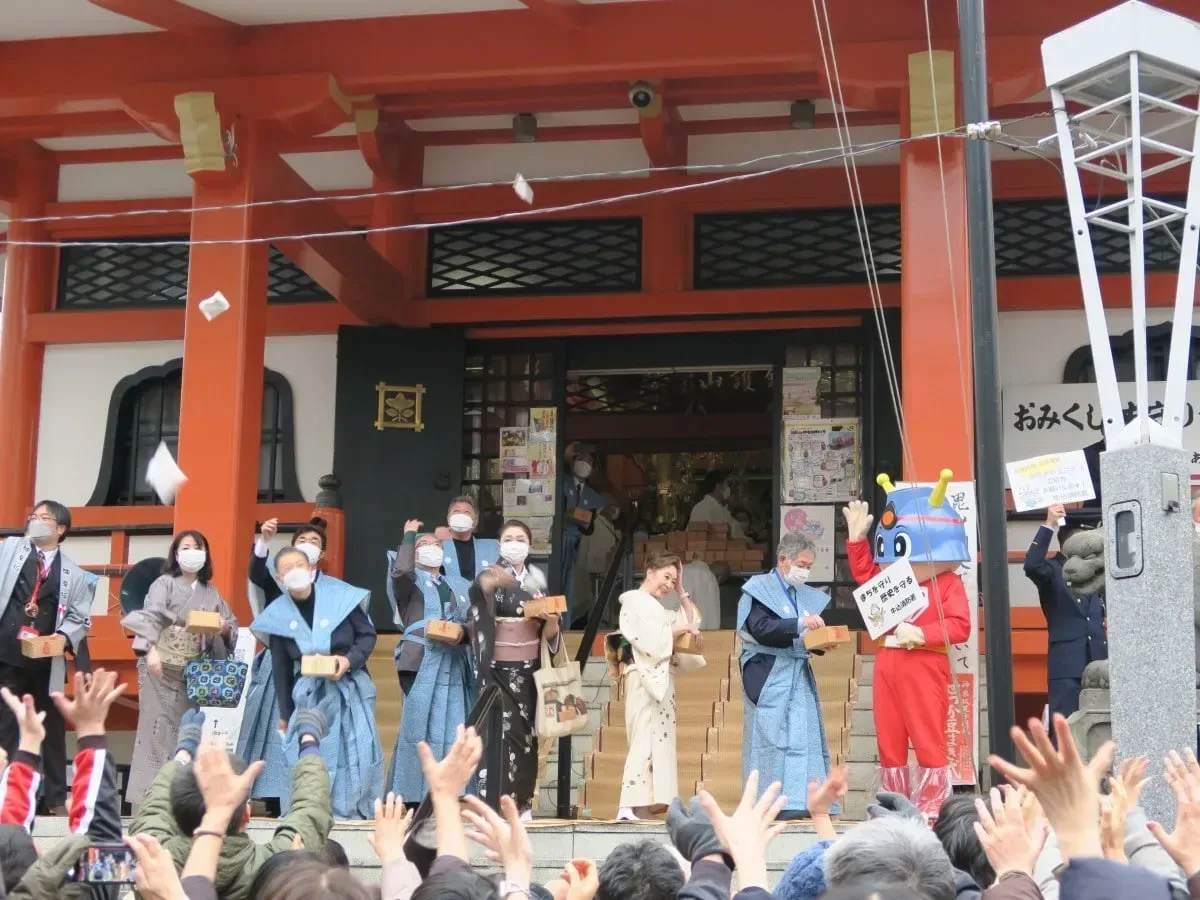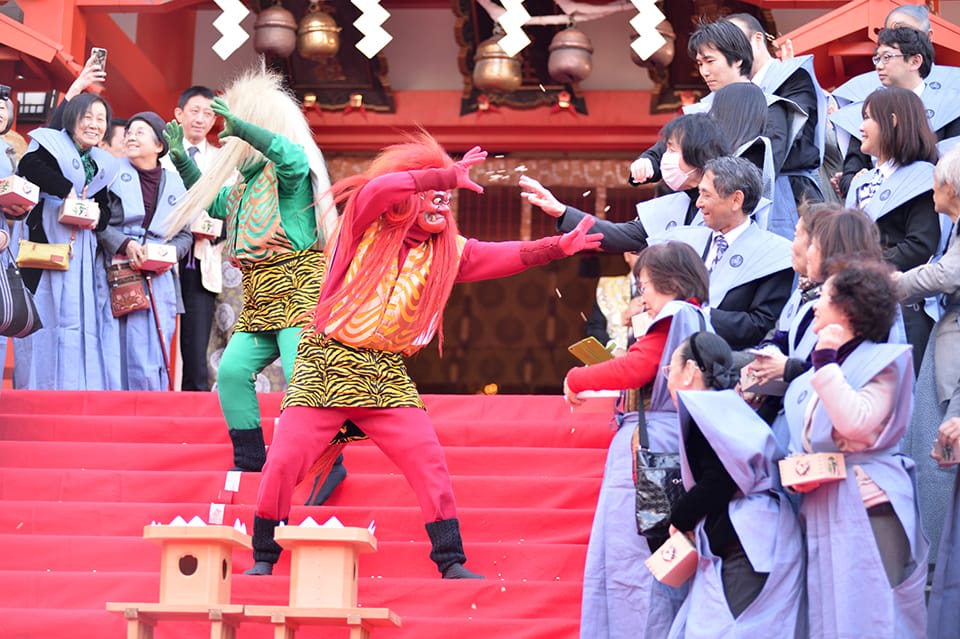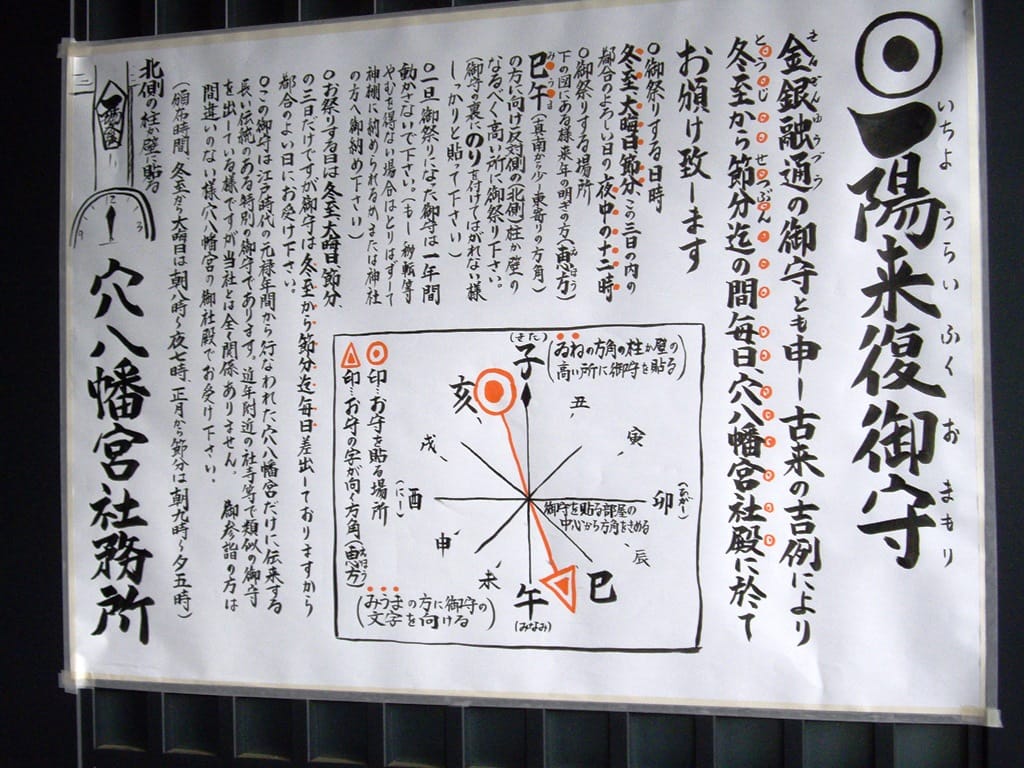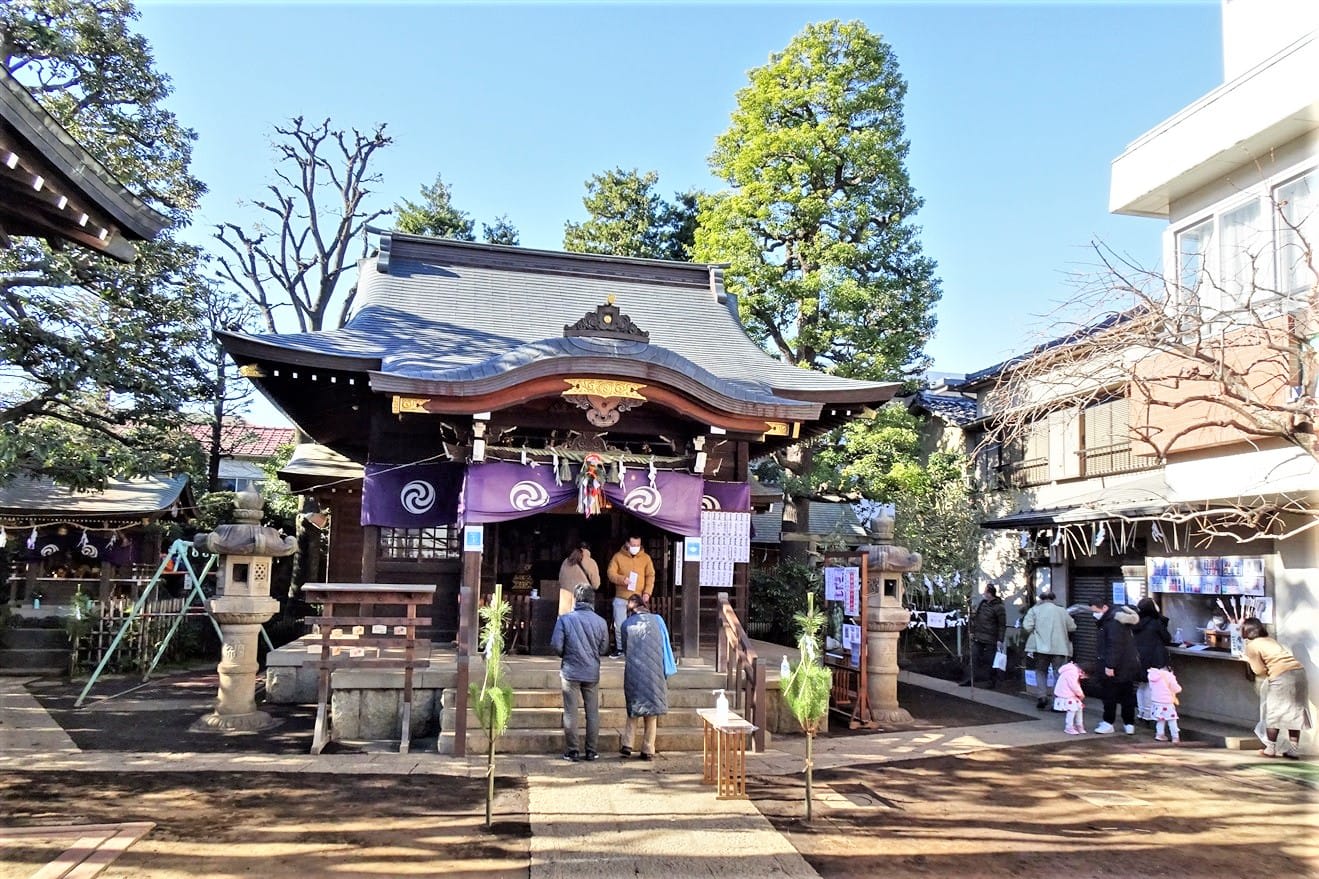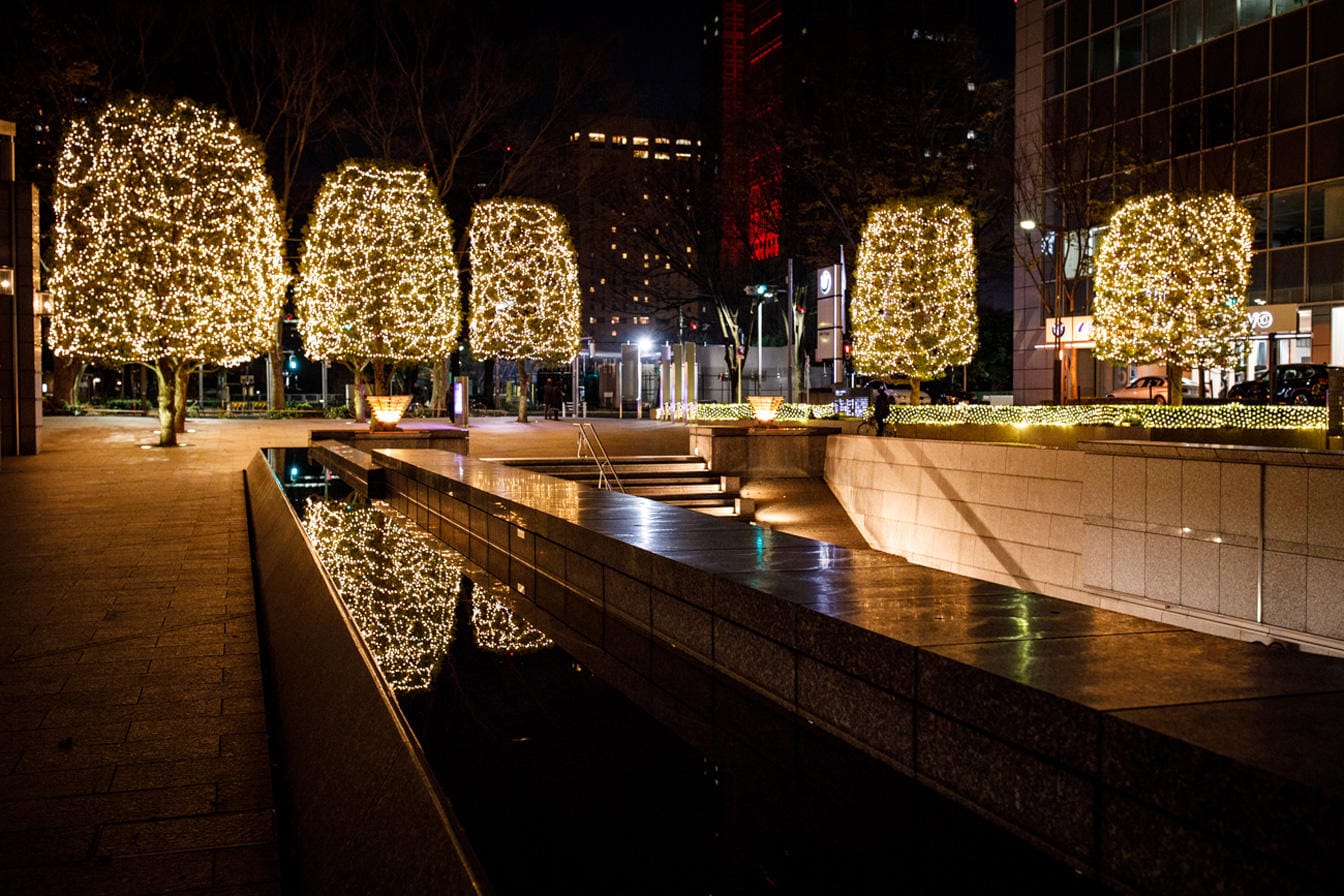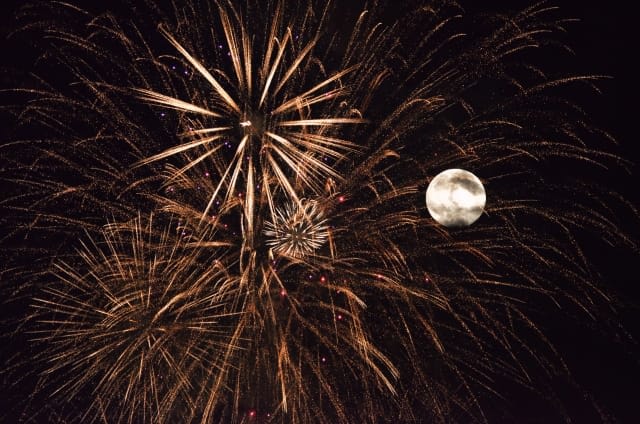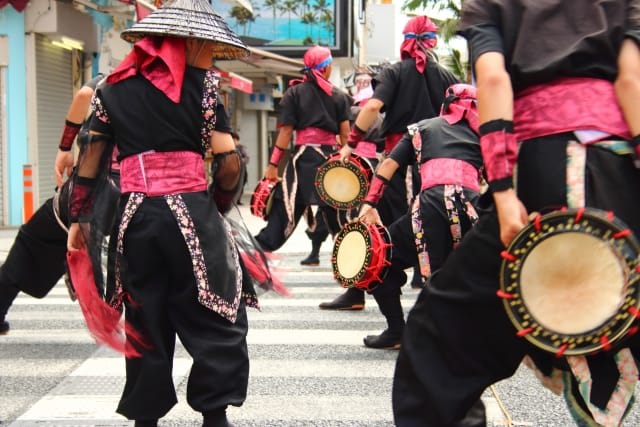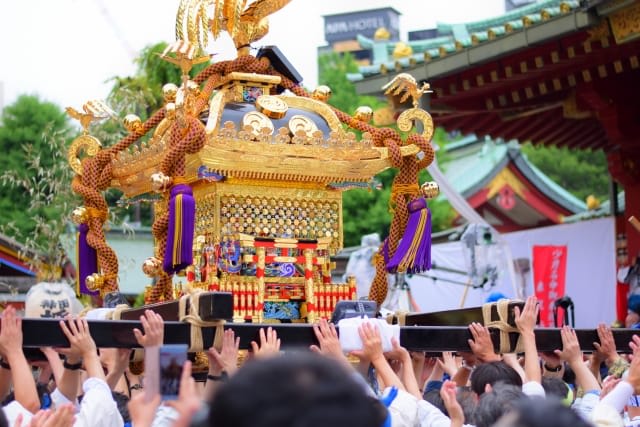Shinjuku in February 2025: Highlights, Events & Festivals
Since moving to a neighborhood adjacent to Shinjuku in 2024, I've been visiting Shinjuku and Shin-okubo almost daily to explore its appeal and discover spots I can recommend to tourists. I updated this article in January 2025 to incorporate my findings from this research, along with the latest information for 2025.
Another reason for updating the article is the growing interest in tours that allow visitors to safely and deeply experience Shinjuku's nightlife. As these tours gain popularity, Magical Trip's tour, which ranked #1 among all tours on Tripadvisor, has been receiving numerous applications.

If you want to enjoy Shinjuku's nightlife, I recommend the "Tokyo Bar Hopping Night Tour in Shinjuku," which ranked #1 on Tripadvisor. Our guides who know Shinjuku inside and out will take you bar hopping while avoiding dangerous areas, allowing you to fully enjoy Shinjuku at night.
I also recommend the "Tokyo Night Foodie Tour in Shinjuku," where you can enjoy premium wagyu beef barbecue and exceptional sushi. You'll learn from food-savvy tour guides about the best ways to grill your meat and proper sushi etiquette while enjoying exquisite Japanese cuisine.
I hope you can safely and thoroughly enjoy Shinjuku's nightlife with Magical Trip's tours!
Introduction
February in Tokyo marks the heart of winter, with consistently low temperatures. Snow occasionally falls, making thick coats and down jackets essential. As darkness falls early, the city's illuminations light up sooner, creating a glamorous atmosphere.
While Tokyo has many attractions, Shinjuku stands out as a famous commercial district lined with department stores and restaurants. It has become a hub for international tourists as a base for exploring Tokyo.
In February 2025, Shinjuku hosts both traditional winter festivals unique to Japan and pop culture events. This article introduces the highlights, basic information, schedules, and access details for February events in Shinjuku.
2025 Year-round Event Schedule in Shinjuku↓
・Shinjuku: List of Events & Festivals for 2025
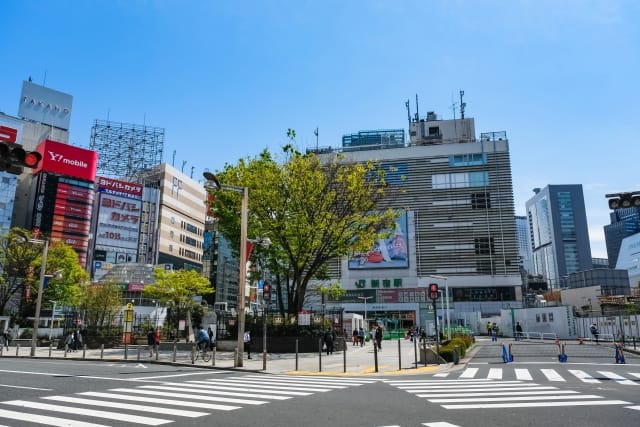
Traditional Events in Shinjuku for February 2025
Setsubun
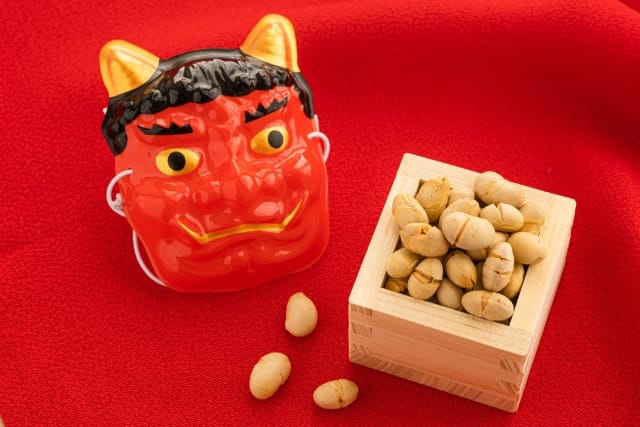
Setsubun is a unique Japanese traditional event held annually on February 2nd. Families throw beans outside their homes to ward off evil spirits, praying for good health throughout the year. This tradition began with the practice of throwing beans at evil demons believed to be inside houses.
The beans used in Setsubun are roasted, and there's a belief that eating the number of beans corresponding to your age will help prevent illness.
Major Japanese shrines host Setsubun festivals where candies and rice cakes are thrown from the shrine grounds. Let's explore one of Shinjuku's shrines that hosts this festival.
Shinjuku Shimoochia Hikawa Shrine
Source: Official website
The Hikawa Shrine in Shinjuku Shimoochia holds its annual Setsubun festival on February 3rd. Known as the Tsuina ceremony, it features famous ritualistic performances in the shrine's main hall.
After ceremonial dances and offerings to the deities, demons chase after fortune maidens wearing Okame masks. Festival participants then throw beans at the demons to drive them away, following the traditional Setsubun ceremony.
Every year, the shrine distributes lucky fortune beans (fukumame) to participants. Many visitors attend to receive these beans, and children receive candy, making it an enjoyable family event.
As the number of fortune beans is limited, early arrival is recommended.
<Information>
Date: February 3rd, 2025 (Monday)
Access: 5-minute walk from Shimoochia Station on the Seibu Shinjuku Line
Admission: Free
Website: https://www.shinjyuku-hikawa.jp/
Bishamon-ten Zenkoku-ji Temple
Source: Ichigaya Keizai Shimbun
Located in Kagurazaka, Bishamon-ten Zenkoku-ji Temple hosts its annual Setsubun Bean-Throwing Festival on February 3rd, attracting large crowds. The temple sits at the heart of Kagurazaka, an area famous for preserving its traditional geisha district atmosphere. It enshrines Bishamon-ten, the Indian god of fortune and treasure.
While Zenkoku-ji holds various events throughout the year, the Setsubun Festival is particularly famous, drawing many visitors annually. During the festival, geishas from Kagurazaka perform traditional dances as offerings, and there are folk performances featuring lion dancers wearing lion-head masks. During the bean-throwing ceremony, crowds gather in front of the main hall where large quantities of bean bags are thrown.
Visitors can take home the bean bags they catch as free souvenirs. The dedication ceremony begins at 3:00 PM, followed by bean throwing at 3:30 PM. It's recommended to arrive early to secure a good spot in front of the main hall.
<Information>
Date: February 3, 2025 (Monday)
Access: 7-minute walk from JR Iidabashi Station West Exit, 5-minute walk from Tokyo Metro Iidabashi Station Exit B3
Admission: Free
Website: https://www.kagurazaka-bishamonten.com/
Hanazono Shrine
Source: Tokyo Album
Located in Kabukicho, Shinjuku, Hanazono Shrine hosts a major Setsubun Festival event in February 2025 that draws large crowds. The shrine has been Shinjuku's guardian shrine since the Edo period and is famous as a power spot for matchmaking and good fortune.
While Hanazono Shrine hosts many events throughout the year, including the Grand Festival in May and Tori-no-ichi in November, the Setsubun Festival is particularly lively. The main event, the Oni Mondo (Demon Dialogue), is especially famous, where participants throw beans to drive away two demons attempting to climb the main hall.
Participants receive red "fukubukuro" (lucky bags) containing products donated by local businesses and shops. These lucky bags are traditionally considered auspicious, so arrive early to obtain one for good fortune.
<Information>
Date: February 3, 2025 (Monday)
Access: Direct access from Tokyo Metro Marunouchi Line, Fukutoshin Line, Toei Shinjuku Line "Shinjuku-sanchome Station" Exit E2
Admission: Free
Website: http://hanazono-jinja.or.jp/
Ana Hachiman Shrine - Distribution of Ichiyoraifuku Amulets
Source: WASEDA UNIVERSITY
Ana Hachiman Shrine, located in Nishi-Waseda, Shinjuku ward, is a shrine with nearly 900 years of history. Formerly known as Takada Hachiman Shrine, it is renowned as a power spot for business prosperity, career success, and good fortune. The shrine is particularly famous for its Ichiyoraifuku amulets.
These amulets should be placed in an elevated position facing the direction of the god of fortune at midnight during the winter solstice, New Year's Eve, and Setsubun. This practice is believed to grant wishes, attracting many visitors seeking Ichiyoraifuku amulets every January.
Due to its proximity to Waseda University, many students visit the shrine in January to pray for success in their entrance examinations. The shrine grounds feature beautiful vermillion torii gates and lovely gardens, making it a shrine rich in attractions.
<Information>
Date: January 2025
Access: 5-minute walk from Tokyo Metro Tozai Line Waseda Station Exit 3B
Admission: Free
Website: https://www.anahachimanguu.jp/
Winter is the prime season for Japanese sake, when it's at its most delicious. Freshly pressed sake has an exceptionally rich aroma, and if you're a sake enthusiast, you'll definitely regret missing this opportunity.
Even in my neighborhood of Shibuya, there are bar-hopping tours where you can enjoy sake. Come experience the best of Japanese sake and cuisine with a local guide who knows Tokyo's nightlife inside and out.
・Tokyo Bar Hopping Night Tour in Shinjuku
・Wagyu Beef & Sake Paring Foodie Tour in Ginza

Hanazono Shrine Founding Festival
Source: Hanazono Ujiko Seinenkai
The Hanazono Shrine in Shinjuku holds its annual Founding Festival on February 11th, which is Japan's National Foundation Day. This national holiday commemorates the day when Emperor Kanmu, the first emperor, ascended to the throne, marking the founding of Japan.
This special February 2025 event at the shrine features a solemn ceremony at the main hall, followed by a festive mochi-pounding demonstration. Mochi-pounding is a traditional practice where rice cakes are made by pounding rice in a mortar with a wooden mallet, typically performed during New Year celebrations.
The mochi-pounding event is conducted by the local youth association, and the freshly made mochi is distributed free to visitors. As Hanazono Shrine is known as one of Shinjuku's premier power spots, receiving mochi here might bring you good fortune.
Since crowds are expected, arriving early is recommended if you'd like to receive mochi.
<Information>
Date: February 11, 2025
Access: Directly connected to Shinjuku 3-chome Station (Exit E2) on Tokyo Metro Marunouchi Line, Fukutoshin Line, and Toei Shinjuku Line
Admission: Free
Website: http://hanazono-jinja.or.jp/
Tsukimioka Hachimangu Shrine Hatsuuma Festival
Source: Google Maps
Tsukimioka Hachimangu Shrine, located in Ochiai, Shinjuku, is beloved by local residents. The shrine hosts the annual Hatsuuma Festival in February, celebrating the Shofuku Inari Shrine within its grounds, drawing many visitors.
This festival is held on the first Sunday following the Day of the Horse in the second month of the lunar calendar. In 2025, it will be held on February 9th. The Day of the Horse commemorates when the agricultural deity was said to have descended at Fushimi Inari Shrine in Kyoto.
The festival features mochi-pounding accompanied by the Kamiochiai Mochi-tsuki Song, which is designated as an intangible cultural property of Shinjuku Ward.
Outside festival days, the shrine maintains a peaceful atmosphere, with a kindergarten on its grounds filling the air with children's cheerful voices. Being close to the nearest station, it's perfect for a casual visit during a walk.
<Information>
Date: February 9, 2025
Access: 5-minute walk from Exit 4 of Ochiai Station on the Subway Tozai Line
Admission: Free
Special February Experiences in Shinjuku
Shinjuku Park Tower Winter Illumination 2024
Source: Official website
Shinjuku Park Tower, with its distinctive triangular roof, is a landmark office building in West Shinjuku. The building houses not only offices but also the luxurious Park Hyatt Tokyo hotel and various shops and restaurants, making it busy throughout the year.
During winter, an illumination event takes place around the fountain plaza. Approximately 60,000 lights decorate the trees around the fountain plaza, creating a breathtaking display against the clear winter sky.
At night, light particles reflect in the fountain pool, creating a magical atmosphere. The recommended viewing spot is the "Confession Stairs" connecting the fountain plaza to the basement level.
Water flows quietly on both sides of the stairs, while the lights blend with the winter air to create a romantic atmosphere. If you're looking to escape the city's bustle for a quiet evening, this is the perfect spot to visit.
<Information>
Date: November 11, 2024 - February 15, 2025
Access: Approximately 12-minute walk from JR Shinjuku Station South Exit
Admission: Free
Website: https://www.shinjukuparktower.com/
